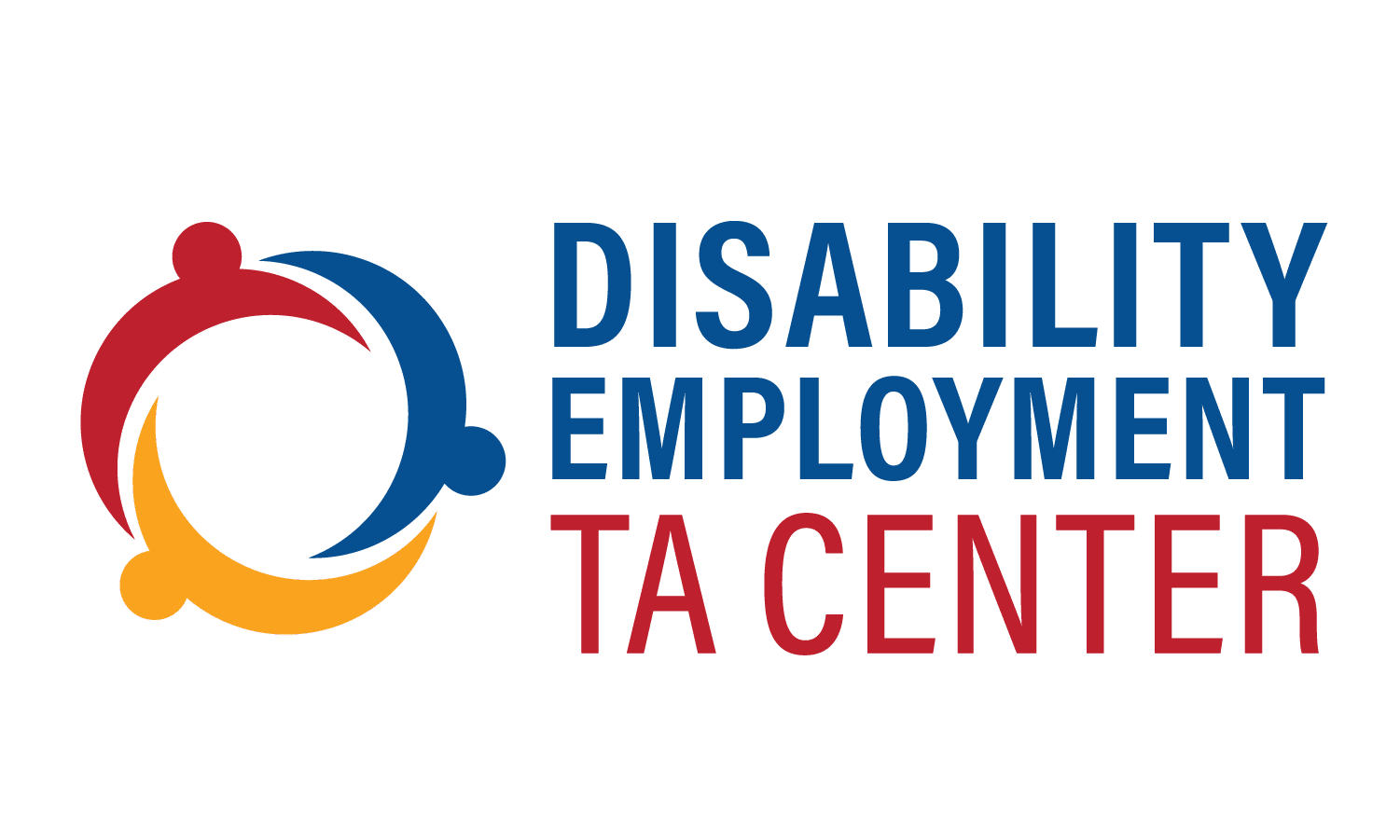Disability discrimination occurs when an employer or other entity covered by the Americans with Disabilities Act, as amended, or the Rehabilitation Act, as amended, treats a qualified individual who is an employee or applicant unfavorably because he or she has a disability.
Disability discrimination also occurs when a covered employer or other entity treats an applicant or employee less favorably because he or she has a history of a disability (such as a past major depressive episode) or because he or she is believed to have a physical or mental impairment that is not transitory (lasting or expected to last six months or less) and minor (even if he or she does not have such an impairment).
The law requires an employer to provide reasonable accommodation to an employee or job applicant with a disability, unless doing so would cause significant difficulty or expense for the employer (“undue hardship”).
The law also protects people from discrimination based on their relationship with a person with a disability (even if they do not themselves have a disability). For example, it is illegal to discriminate against an employee because her husband has a disability.
Note: Federal employees and applicants are covered by the Rehabilitation Act of 1973, instead of the Americans with Disabilities Act. The protections are the same.
Read more below:
Citation:
Disability Discrimination

